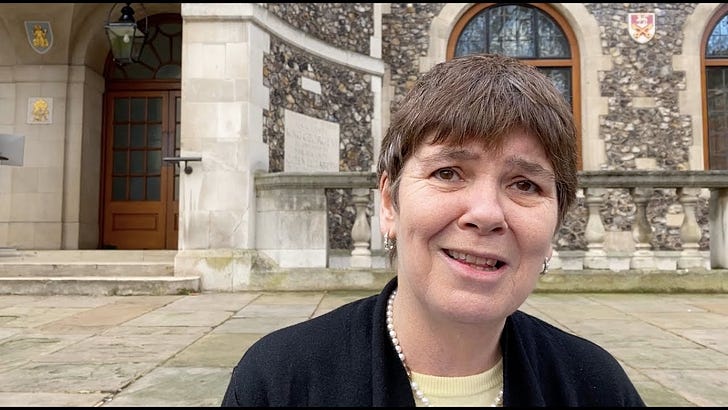Are there too many laws? Have we lost the art of law-making?
A new episode Inside the Lords looking at how laws are made, and how Brexit revealed the void at the heart of Parliament
With Parliament back from the break, so is Inside the Lords. In this episode, I wanted to spend a bit of time tackling a really fundamental issue: how are laws made?
The basic fact of parliamentary sovereignty is that laws are made through the votes of our representatives in Parliament. In theory, laws are legitimate because Parliament is the legitimate democratic voice of the people. But in practice, a vast amount of the legal system is actually made up of the dictates of ministers (by things such as statutory instruments). This is because lots of Acts of Parliament provide wide latitude for ministers to make regulatory decisions about laws. Worryingly, this latitude seems to be getting wider: ministers are granted more and more powers to make laws without consulting Parliament. I discuss in the video why this is so dangerous.
Another issue that arises when we think about how laws are made is that, frankly, we don’t seem to be very good in Parliament at making effective laws that really tackle the big issues facing the country. As I discuss in this episode, this is a legacy of the UK’s membership of the EU, where for a long time governments and Parliamentarians could outsource the hard work of law-making to institutions in Brussels. Brexit has exposed the atrophy of our political, legal and regulatory muscles - without Brussels to take the lead, our politicians often appear clueless. Reclaiming the substance of parliamentary sovereignty is a task for us all.
As well as asking these questions, I offer a few thoughts on the opportunities and dangers that surround some laws making their way through the House and how I intend to tackle them. For example, I am trying to add an amendment to a Bill on financial services that would make it illegal for payment processors like PayPal to cut off free speech organisations (or to discriminate against anyone on the basis of their beliefs). You can read more about my intervention on PayPal here. I never thought I’d ever be making interventions in the world of financial services, but opportunities to protect free speech can arise in the most unlikely situations!
All this and much more in the video. Do check it out, share with others, and subscribe if you’re not already getting our emails!
P.s. I mention in the video this great event on the right to protest from the FSU. You can find out more here.




Plato - a society shouldn’t have extensive laws if it has the right education!
I would go further into Aristotle’s territory and say we need the ‘practical wisdom’ coming from participation in the political/public realm as the appropriate education for living ethically. In other words we need authentic democracy